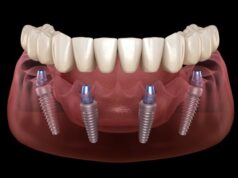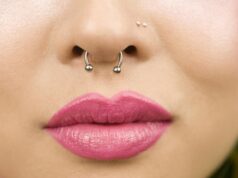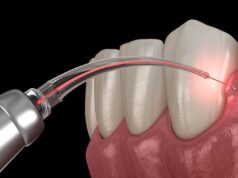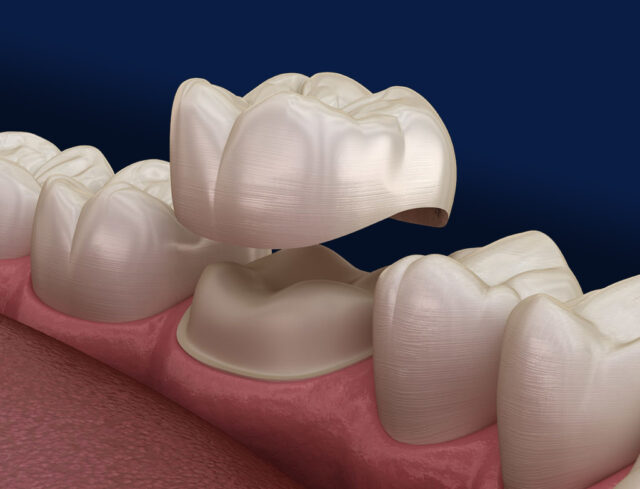
A damaged tooth is a quite common orthodontic issue, and it can happen for several reasons like injuries/trauma, tooth decay, and overtime wear and tear.
If you’re suffering from damaged teeth, one of the orthodontic solutions dentists may recommend is dental crowns.
These tooth-shaped caps are usually placed on top of a damaged tooth to cover, protect and restore its shape, size, strength, and appearance. Dental crowns are often recommended when dental fillings fail to resolve the problem.
As a patient looking to get a dental crown (crowns) installed, it is important that you fully understand all that the treatment entails. So, here is everything you need to know about dental crowns.
What Materials are Dental Crowns Made of?
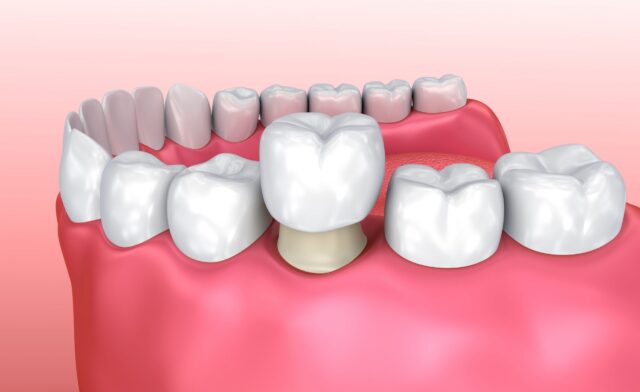
Dental crowns can be made from different types of materials. Some of them include; metal, ceramic, porcelain, zirconia, composite resin, and a combination of materials (porcelain crown fused to metal).
The material that is going to be used for your crown will be selected after considering factors like; the location of your tooth, gum tissue position, colour of the surrounding teeth, how much function the damaged teeth have left, and how much of the tooth will be shown when you smile.
Types of Dental Crowns
There are different types of dental crowns, so knowing which one is best for you is important. Let’s take a look at some of them.
Temporary Crown – As implied by its name, a temporary dental crown is a type of dental crown that will stay in your mouth for just a short period of time (as you wait for the permanent crown to be made). Usually, it is placed over a prepped tooth with an easy-to-remove adhesive.
One-day Crown – This is the type of dental crown that you get in a single office visit. The dental offices that offer these same-day crown installations often make use of methods that involve the use of Computer-Aided Manufacturing (CAM) or Computer-Aided Design (CAD).
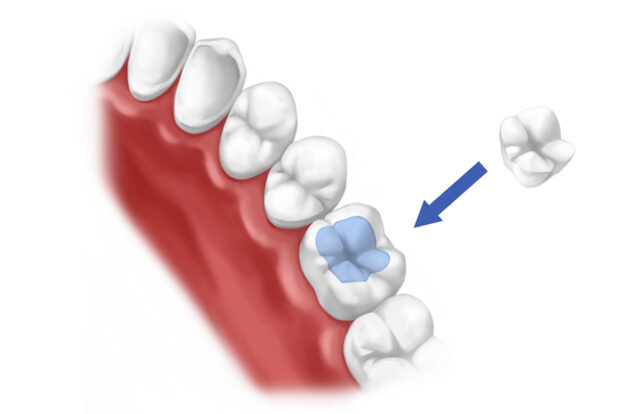
Onlay or 3/4 Crown – This type of crown is typically for people who don’t need a full crown, as they only cover a portion of the tooth.
Who Needs a Dental Crown?
Some of the reasons why your dentist would recommend that you get a dental crown include;
- To help protect any tooth that has become weak from severe wear and tear or tooth decay.
- Stabilizing a dental bridge
- Covering severely discolored and misshapen teeth.
- Covering a tooth after a root canal, dental implant, or a large tooth filling. Please confirm the all on four dental implant cost before the dental implant treatment.
Dental Crown Procedure
The procedure can be either be a multi-day or same-day procedure. It is important to note that the dentist you choose for your procedure can make or break your experience. Going ahead with a dentist like Sherwood Park Dental will ensure your dental crown fitting process is as straightforward as possible.
Multi-day Procedure – This typically involves two visits. For your first visit, the dentist begins by examining and preparing the tooth that will receive the crown. X-rays of both the tooth and the surrounding bones will also be taken. If you have tooth decay, a risk of infection, or an injury to the tooth’s pulp, then your dentist might have to first carry out a root canal treatment.
If everything is okay, the tooth will be filed down (across the top and the sides) to make space for the crown. In cases of too many missing teeth, some filling material can be used to create enough tooth structure for the crown.
Once the reshaping of the tooth is complete, impressions (both of the tooth receiving the crown and the teeth above or below it) will be taken and sent to the lab where the crowns will be made. This should take between 2-3 weeks. While you wait for the crowns, your dentist will use a temporary crown to protect the prepped tooth till your second visit.
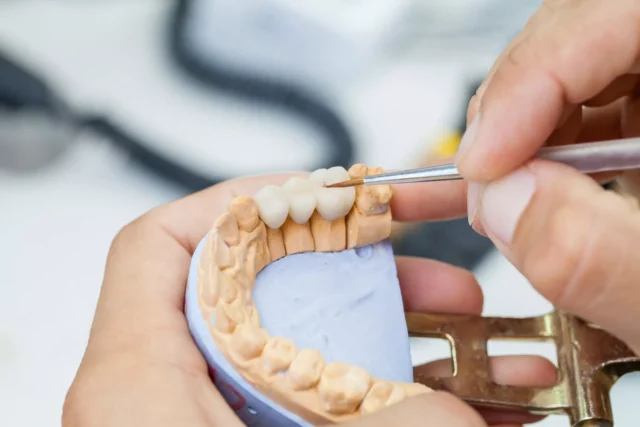
During your second visit, the temporary crown will be removed and replaced with a permanent one. During this installation, local anesthesia can be used to numb the tooth before the permanent crown is cemented in place.
Same-day Dental Crowns – If your dentist has the technology, your dental crowns can also be made and installed in one office visit. Just like with the multi-day procedure, the process will begin with the examination and prepping of the tooth. The making of the crown is, however, different in this case.
To make the crown, a scanning device is used to take digital images of the tooth inside your mouth, so computer software can create a 3D model of the tooth. This digital design is then sent to another machine for the shape of the crown to be carved out of a block of ceramic. Typically, the permanent crown should be ready to be installed in less than 20 minutes.
Dental Crown Care

Proper care is necessary in order to prolong the lifespan of the crown. Some helpful care tips include;
- Practicing regular and careful brushing. Brush your teeth twice a day, and be sure to use toothpaste recommended for sensitive teeth if your crown (or the teeth around it) is sensitive to cold or heat.
- Floss every day.
- Avoid hard foods, especially if the crown is made of porcelain.
- Using a mouthguard to avoid grinding or clenching your teeth at night.
How Long Does a Dental Crown Last?
Depending on your oral hygiene, mouth-related habits (biting your nails, teeth grinding, chewing on ice), and the amount of wear and tear it is exposed to, the lifespan of your crown can vary between 5-15 years.
Conclusion

When it comes to dental crowns, there are plenty of choices available. Hopefully, the information above helps you make an enlightened decision. It also helps to talk to your dentist about what type of dental crown best suits your specific needs.

